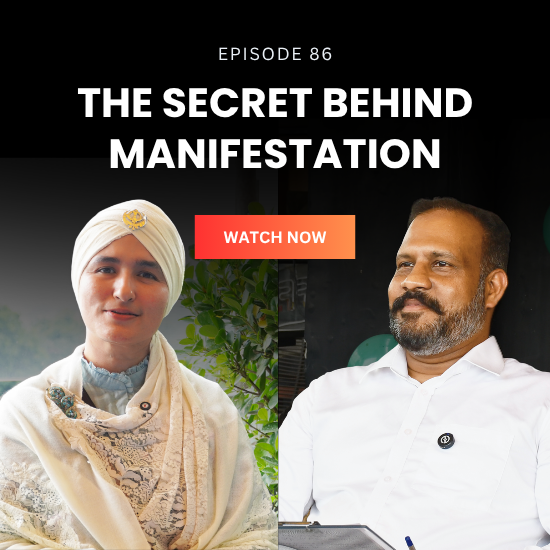In this emotionally charged episode, Detective Sukhminder Singh Sidhu opens up a heartfelt discussion on one of the most common yet complex questions faced by many men after marriage — Should a man prioritize his wife or his parents? This is not just a family issue but a deeply cultural and emotional topic that affects countless households, especially in Indian society.
Sidhu explains that the question itself is rooted in misunderstanding. He emphasizes that love and responsibility should not be measured in comparison. A man’s duty is not to choose one over the other, but to strike a healthy emotional balance where both relationships are nurtured with care and respect. He shares that when either bond is neglected or over-prioritized, it leads to conflict, guilt, and disconnection.
He highlights the changing dynamics of today’s families. Modern women are educated, independent, and emotionally aware — and they seek mutual respect, not rivalry. At the same time, aging parents who have sacrificed so much naturally expect emotional and physical support. According to Sidhu, the role of the husband is pivotal — to act as a bridge, not a barrier, between his parents and his wife.
The conversation also touches on how ego, lack of communication, and rigid thinking can damage family harmony. Sidhu reflects on personal observations and community examples, pointing out that when the wife is treated like a daughter and the mother-in-law is respected like a mother, conflict reduces and connection grows.
Throughout the episode, there’s a constant return to spiritual wisdom. Sidhu draws from Gurbani and traditional Sikh teachings to underline the importance of humility, selflessness, and understanding in all relationships. It’s not just about roles, he says, but about the intention behind them.
In the end, this episode isn’t about giving a final answer — it’s about opening a dialogue. Whether you’re married, single, a parent, or a son, this conversation with Detective Sukhminder Singh Sidhu offers timeless wisdom for anyone seeking peace and balance in their most important relationships.
🔔 Don’t forget to subscribe & share if this conversation resonated with you!
🔔 Don’t forget to subscribe & share if this conversation resonated with you!
Frequently Asked Questions
Certainly! Here are some potential questions and answers based on the podcast conversation:
A man should not be forced to choose. Both relationships are important. The real responsibility is to create balance — respecting the love of parents while honoring the partnership with one’s wife. Conflict arises when one is favored at the cost of the other.
Rehat Maryada is the Sikh code of conduct — not a restriction but a spiritual guideline for living a disciplined and meaningful life. Understanding the reasons behind these practices makes them easier to follow and appreciate.
The pressure of expectations, social comparison through social media, and disconnection from spiritual grounding are major causes. Children are growing fast externally, but emotionally and spiritually they feel lost. Gurbani and Simran can bring stability and inner peace.
Start from the basics — short podcasts, small lessons from Gurbani, relatable content in their language. Children today are curious and willing to learn if we speak their way and simplify spiritual wisdom.
No. If someone is genuinely seeking truth and connection to the divine, switching from one faith path to another is not wrong. Every religion teaches love, discipline, and self-realization. The problem arises when people use religion for personal gain, not growth.
Lack of emotional bonding and communication. Both come from different worlds — one from tradition, the other from modern thinking. If the husband acts wisely as a bridge, and both women treat each other with respect, peace is possible.
By surrendering ego and reconnecting with Naam Simran and Seva. True joy isn’t in wealth alone, but in realizing your place in creation. Start with small steps — wake up early, remember the Creator, and serve others. Peace follows.






